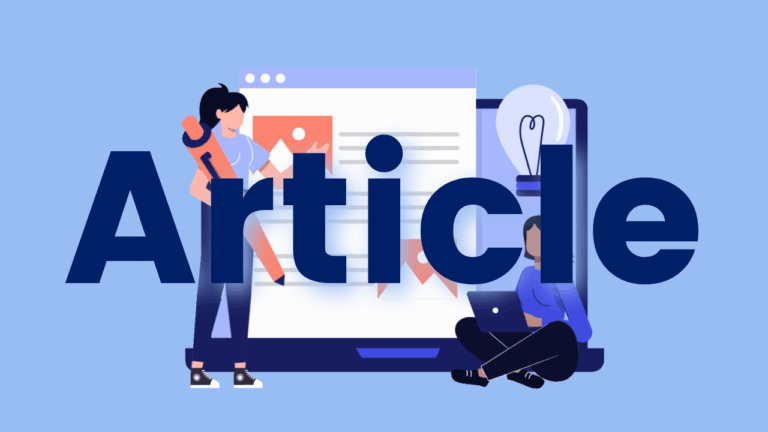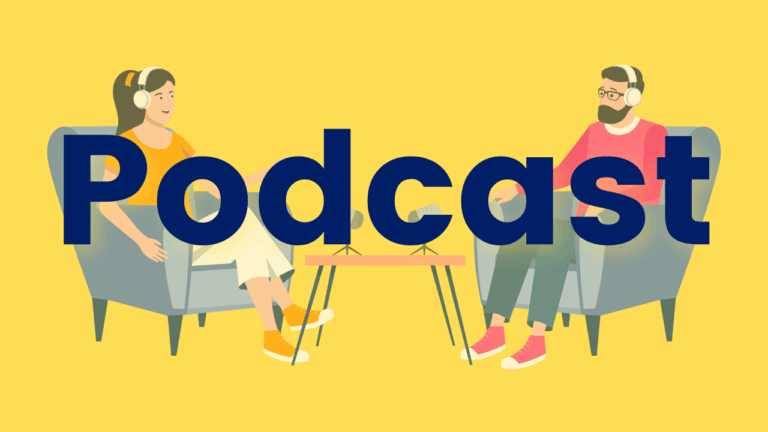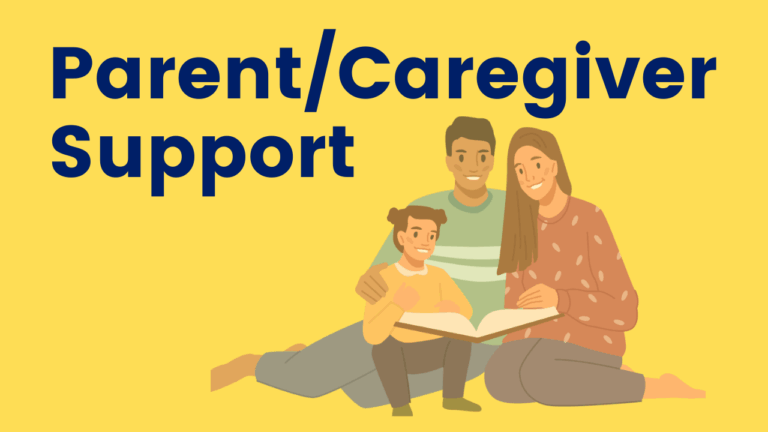Apprendre au cerveau à lire
Apprendre au cerveau à lire: stratégies pour améliorer le décodage, la fluidité et la compréhension de lecture. Les enfants n’apprennent pas spontanément à lire ; il faut le leur enseigner. Cet article propose quelques stratégies pour améliorer l’identification des mots, le décodage, la fluidité et la compétence en lecture pour améliorer la compréhension.









